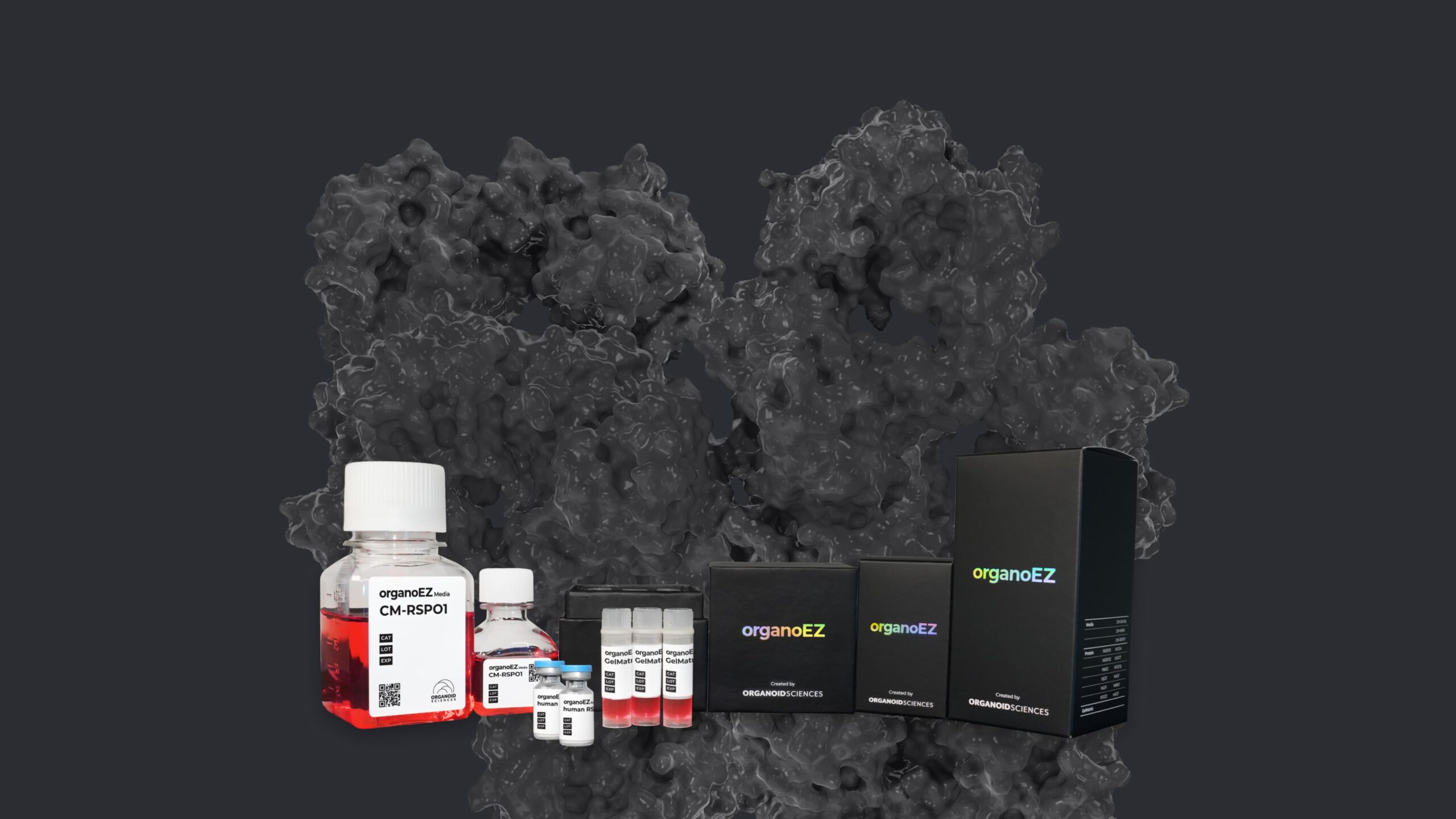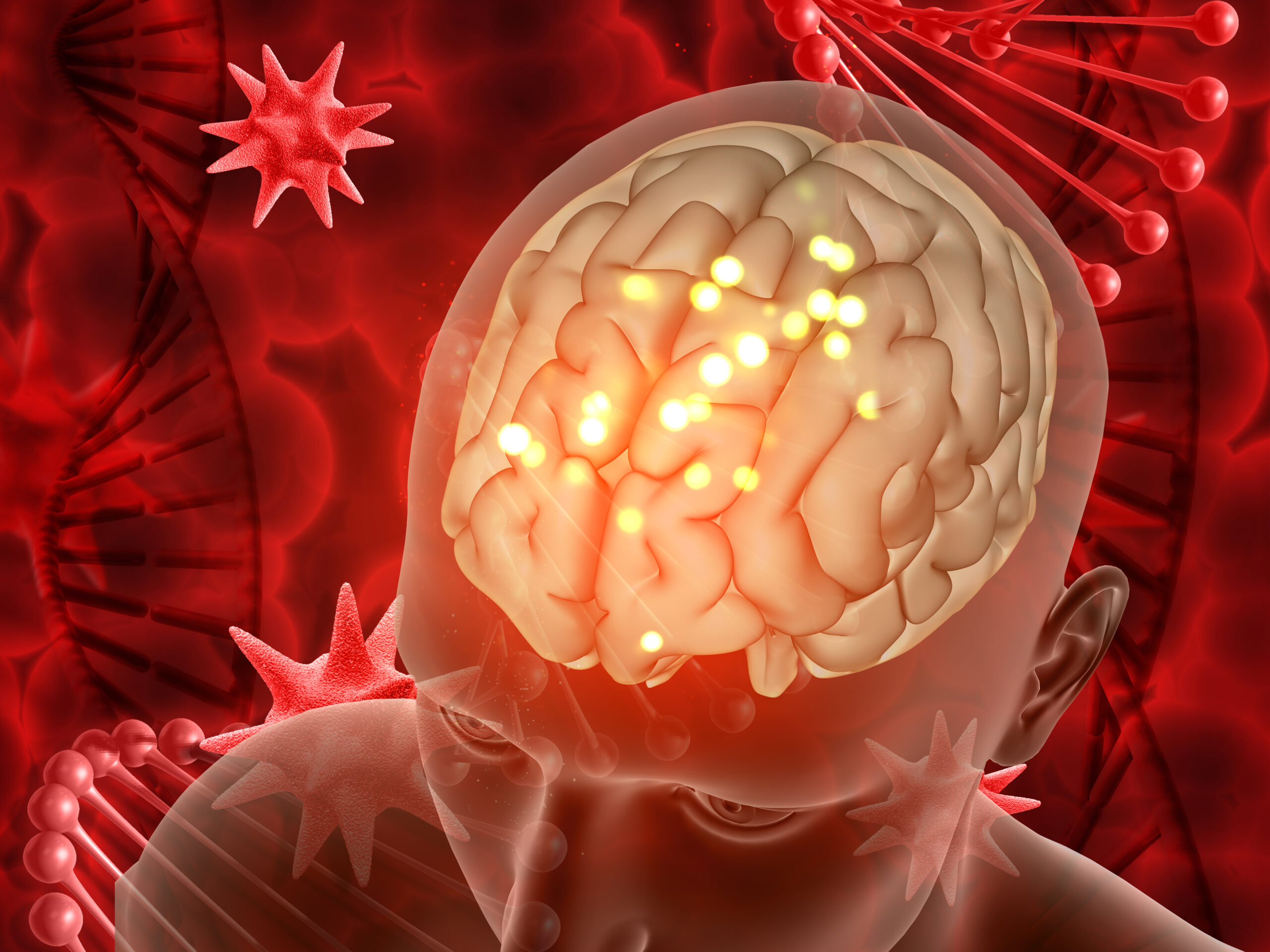Since the release of AlphaFold2 in 2021, scientists have leveraged its advanced protein structure prediction capabilities for diverse applications, including mapping cellular machinery, drug discovery, and protein universe exploration. Despite its successes, John Jumper, the leader of AlphaFold’s development at Google DeepMind, faced inquiries about expanding the tool’s capabilities. Responding to these requests, the latest version, AlphaFold3, introduced in Nature on May 8, aims to predict protein structures during interactions with other molecules. Unlike its predecessor, AlphaFold3 is accessible for non-commercial use only through a DeepMind website.
Early access users, such as biochemist Frank Uhlmann from the Francis Crick Institute, praised AlphaFold3’s revolutionary impact on structural biology research. The new version incorporates substantial changes, including reduced dependence on related protein information and the utilization of a diffusion model akin to image-generating AI. AlphaFold3 outperforms existing software tools in predicting protein structures and their interactions, surpassing conventional docking software and other AI-based tools like RoseTTAFold All-Atom.
Uhlmann’s team successfully applied AlphaFold3 to predict the structure of DNA-interacting proteins crucial for genome copying, validating its accuracy through mutation experiments. David Baker, a computational biophysicist at the University of Washington, also commended AlphaFold3’s impressive performance, surpassing his team’s RoseTTAFold All-Atom. Overall, AlphaFold3’s advancements mark a significant step forward in protein structure prediction and its applications in various fields of research.
Keywords: AlphaFold, advanced protein structure predictions, mapping cellular machinery, drug discovery




